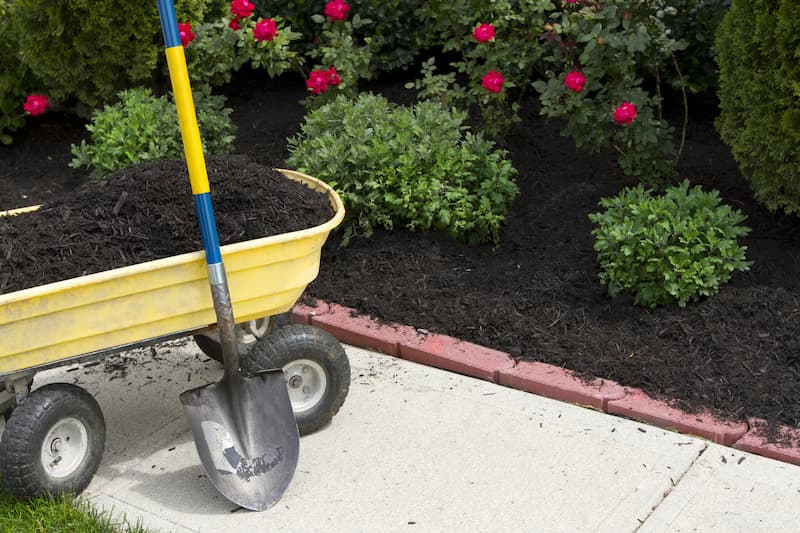The Benefits of Mulching: Enhancing Soil Health and Plant Growth

Mulching plays a crucial role in maintaining healthy landscapes, offering a range of advantages that contribute to soil fertility and plant vitality. Whether you're tending to a small garden or managing extensive commercial grounds, understanding the benefits of mulching can significantly improve the overall health and appearance of your outdoor spaces. Incorporating mulching into your lawn care services not only enhances soil structure and moisture retention but also supports sustainable gardening practices that benefit both your plants and the environment.
Moisture Retention and Temperature Regulation
One of the primary benefits of mulching is its ability to retain soil moisture. By creating a protective barrier over the soil, mulch helps to reduce water evaporation during hot, dry periods, ensuring that plant roots remain hydrated and healthy. This moisture retention not only reduces the need for frequent watering but also helps to stabilize soil temperatures, protecting plants from extreme heat and cold.
Weed Suppression and Nutrient Enhancement
Mulch acts as a natural weed suppressant, inhibiting the growth of unwanted plants by blocking sunlight and reducing the germination of weed seeds. This reduces the need for chemical herbicides, promoting a more environmentally friendly approach to landscape maintenance. Additionally, organic mulches, such as wood chips or shredded leaves, gradually decompose over time, enriching the soil with essential nutrients like nitrogen, phosphorus, and potassium. These nutrients support plant growth and contribute to overall soil health.
Types of Mulch and Their Applications
Choosing the right type of mulch depends on various factors, including aesthetic preferences, plant types, and climate conditions. Here are some common types of mulch and their recommended uses:
-
Organic Mulches: Made from natural materials like bark, wood chips, straw, and compost, organic mulches improve soil structure as they decompose. They are ideal for flower beds, vegetable gardens, and around trees and shrubs.
-
Inorganic Mulches: Materials such as gravel, stones, and landscape fabric provide long-lasting weed control and are suitable for areas where a more permanent solution is desired, such as pathways and around hardscapes.
-
Mulch Alternatives: Living mulches, such as ground cover plants and cover crops, not only protect soil from erosion but also provide habitat for beneficial insects, promoting biodiversity in your landscape.
Implementing Mulching Practices
To maximize the benefits of mulching, consider the following best practices:
-
Layer Thickness: Apply a layer of mulch that is 2-4 inches thick to effectively suppress weeds and retain moisture. Avoid excessive mulch depth, as it can inhibit water penetration and air circulation to plant roots.
-
Mulch Maintenance: Regularly replenish mulch to maintain the desired depth and effectiveness. Monitor mulch decomposition and add fresh mulch as needed to sustain soil health benefits.
-
Mulch Placement: Keep mulch several inches away from plant stems and tree trunks to prevent moisture accumulation and potential pest issues, promoting healthier plant growth.
Mulching is a valuable practice for enhancing soil health, conserving water, and promoting sustainable gardening practices. Whether you choose organic or inorganic mulch, incorporating mulching into your lawn care routine can lead to healthier, more resilient landscapes that thrive year-round.
For expert mulching services and more tips on enhancing your landscape, contact Clean Green Lawn Team today at 830-730-3113and discover how we can help you achieve a healthier and more vibrant landscape through professional mulching solutions.
Leave The Mowing To Us And Reclaim Your Weekends! Contact Us for Our Lawn Care Services in Seguin & Surrounding Areas